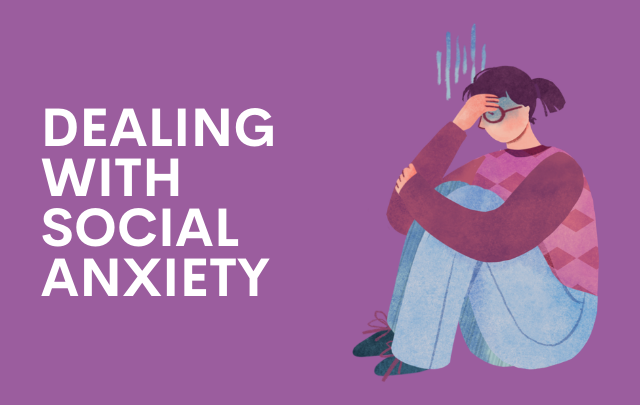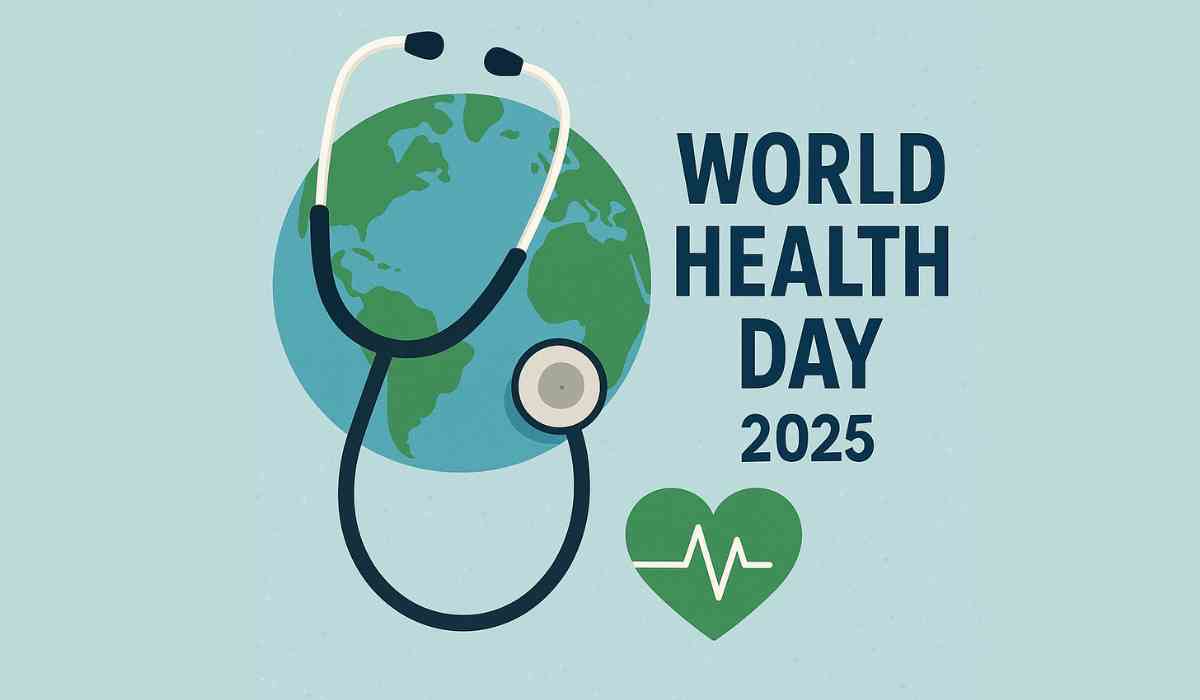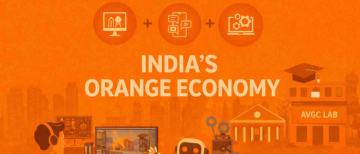Every year on April 7, the world comes together to celebrate World Health Day, an occasion dedicated to raising awareness about pressing global health issues. In 2025, the theme "Healthy Beginnings, Hopeful Futures" focuses on maternal and newborn health. However, this day is also an opportunity to spotlight other critical health challenges that affect millions worldwide, such as pollution and its devastating impact on human well-being.

The Unseen Enemy: Pollution and Its Health Toll
Pollution is often called the "silent killer." From toxic air in urban areas to contaminated water in rural regions, pollution infiltrates every aspect of our lives. According to the World Health Organization (WHO), air pollution alone causes over 7 million premature deaths annually. But behind these statistics are real people and stories that illustrate the human cost of environmental degradation.
![]()
Real-Life Incident: The Delhi Smog Crisis
Take the case of Aarti Sharma, a school teacher in Delhi, India. During the infamous smog crisis of 2022, Aarti started experiencing severe respiratory problems. Her daily commute became a battle for breath as air quality levels plummeted to hazardous levels. Despite wearing masks and using air purifiers at home, she was eventually hospitalized for asthma exacerbation caused by prolonged exposure to polluted air. Aarti's story is a stark reminder of how pollution can disrupt lives and strain healthcare systems.
Water Pollution: A Hidden Threat
While air pollution grabs headlines, water pollution quietly wreaks havoc on communities. Contaminated water sources lead to diseases like cholera, dysentery, and even cancer in some cases. In Flint, Michigan, USA, the water crisis that began in 2014 continues to affect residents today. Families like the Johnsons have faced long-term health issues due to lead-contaminated water, including developmental delays in children.

Maternal and Newborn Health Amid Environmental Challenges
The theme of World Health Day 2025—"Healthy Beginnings, Hopeful Futures"—is particularly relevant when discussing pollution. Pregnant women exposed to polluted environments are at higher risk of complications such as preterm births and low birth weights. For example, studies have shown that women living near industrial zones often report higher rates of pregnancy-related complications.
A Story of Hope: Community Action in Kenya
In Nairobi's Kibera slum, where access to clean water is scarce and waste management is a challenge, local women have taken matters into their own hands. Led by community health worker Mary Atieno, they have started a grassroots initiative to provide clean drinking water and educate mothers about prenatal care. Their efforts have significantly reduced infant mortality rates in the area, proving that collective action can overcome even the most daunting challenges.

Mental Health: The Overlooked Consequence
Pollution doesn't just harm physical health—it also takes a toll on mental well-being. Studies link high pollution levels with increased rates of anxiety and depression. For instance, during California's wildfire season in 2020, many residents reported heightened stress due to constant exposure to smoke-filled air and the fear of losing their homes.

Personal Account: Coping with Anxiety
Mark Wilson from Los Angeles shared his struggle with anxiety during this period. "Every time I stepped outside, I felt suffocated—not just physically but emotionally," he said. Mark eventually sought therapy and joined a community support group where members shared coping strategies for dealing with environmental stressors.
What Can We Do?
On this World Health Day, let us not only focus on maternal and newborn health but also commit to combating pollution and its far-reaching effects. Here are some actionable steps:
-
Advocate for Policy Changes: Push governments to enforce stricter environmental regulations.
-
Adopt Sustainable Practices: Reduce waste, use public transport, and support renewable energy initiatives.
-
Raise Awareness: Share stories like Aarti's or Mary’s to inspire action within your community.
)
A Call for Collective Action
World Health Day reminds us that health is not just an individual concern but a collective responsibility. Whether it's fighting pollution or improving maternal care, every small action contributes to a healthier future for all. As we reflect on this year's theme—"Healthy Beginnings, Hopeful Futures"—let us pledge to create an environment where everyone can thrive.
This year, let’s not just observe World Health Day; let’s act on it. Together, we can turn challenges into opportunities for a healthier planet and brighter futures.
With inputs from agencies
Image Source: Multiple agencies
© Copyright 2025. All Rights Reserved Powered by Vygr Media.



















